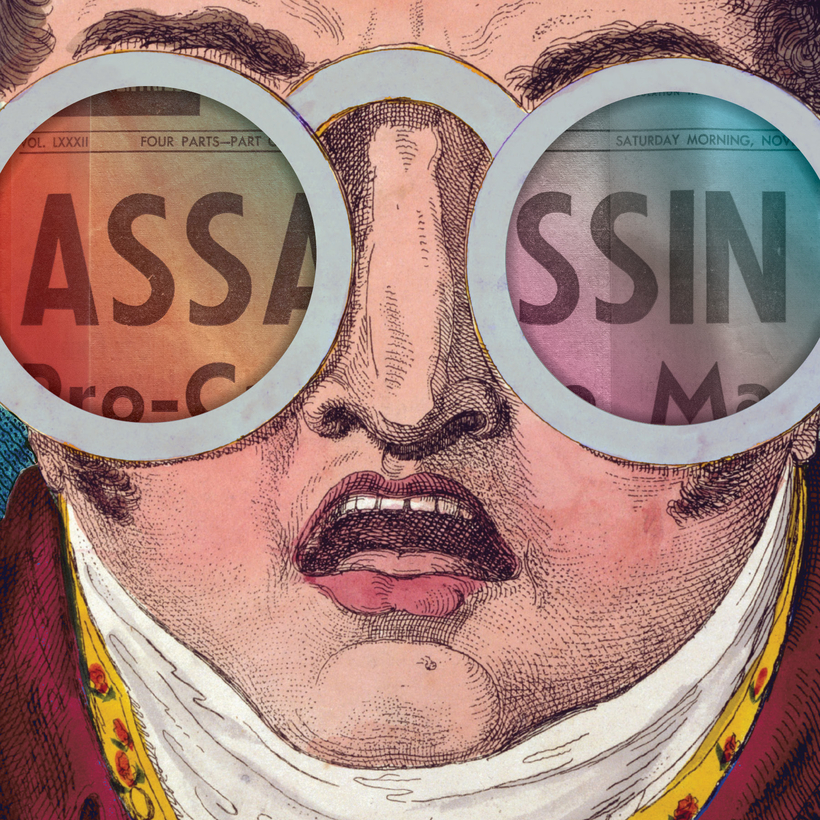Who is Ryan Routh, the man arrested on Sunday after apparently attempting to assassinate Donald Trump on a Florida golf course? No sooner had his name been released to the public than theories began to percolate on social media. “What are the odds that this shooter, who spent months fighting in Ukraine, has zero links to anyone in US military or intelligence circles? Find them,” Charlie Kirk, of the right-wing group Turning Point USA, demanded on X. Similarly, Laura Loomer posted, “Ryan Routh served in the US foreign legion in Ukraine, which is reportedly tied to the CIA.”

Others theorized that Routh was connected to BlackRock, the asset-management giant. In a post that has been viewed more than three million times, X user “Concerned Citizen” claimed that Routh had appeared in a BlackRock commercial, just like Thomas Crooks, who was killed while trying to assassinate Trump in July.

